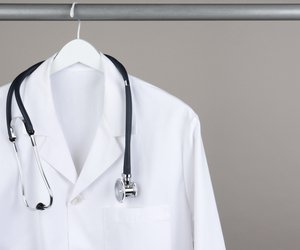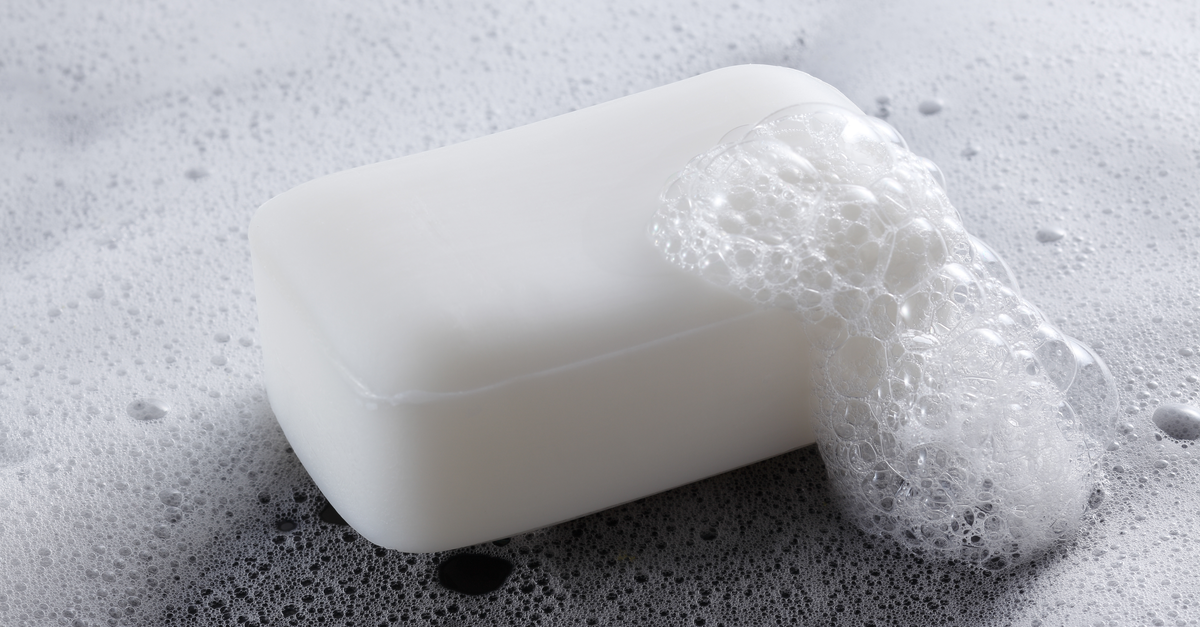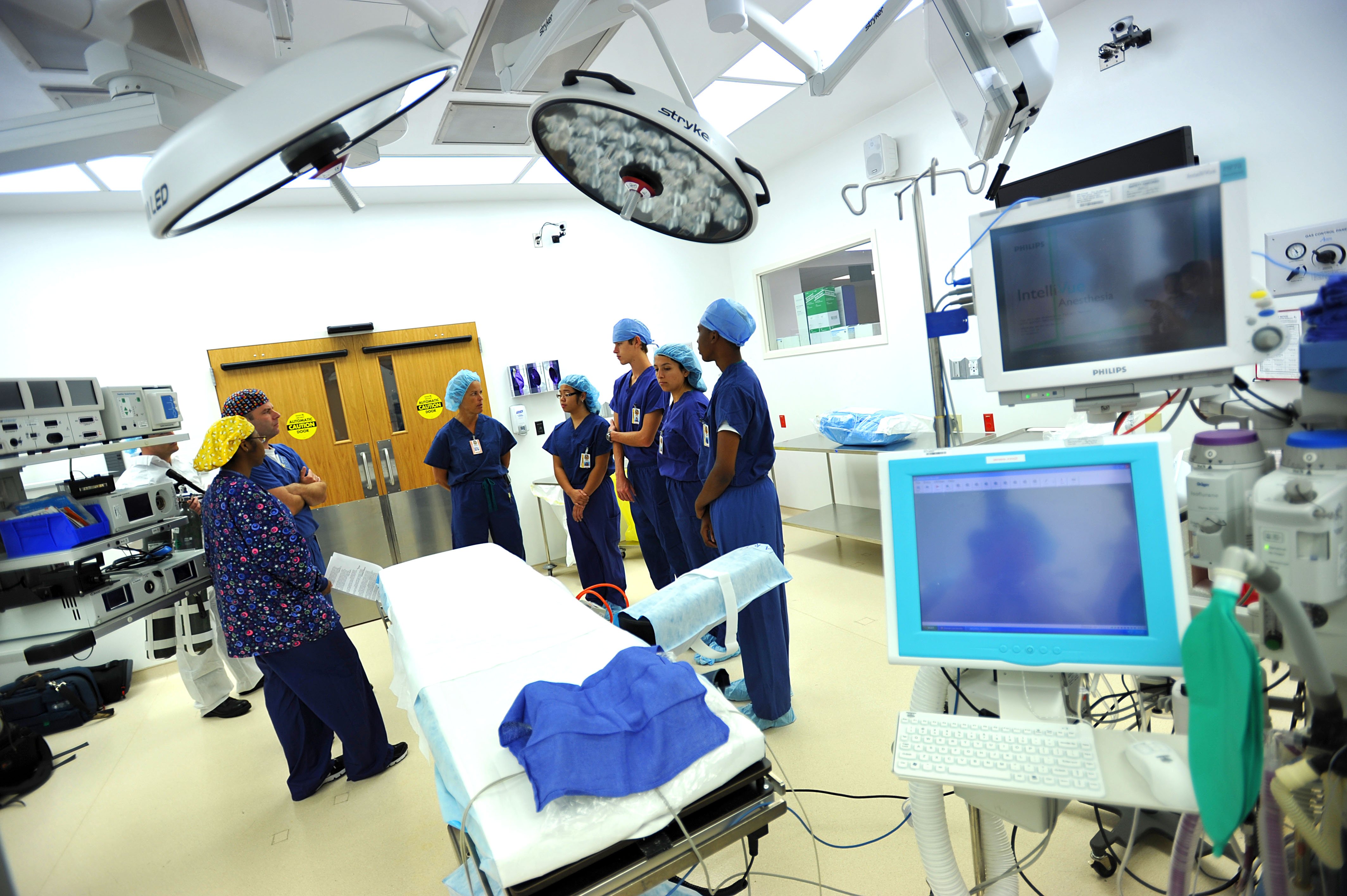I learned a great deal during the preclinical years of medical school, much of which served me well during my clinical training (although I never found a practical use for memorizing the Krebs cycle beyond boards exams). Clinical training was a whole new world, filled with hidden lessons that I didn’t find in any of my textbooks.
10. Late is a four-letter word. Be on time; rounds do not wait for the medical student. A lot of being a third year med student is simply being there. When I was on my surgery clerkship, New York was hit by hurricane Sandy. The next day, we were all there for morning rounds. On time.
match
Navigating Your Future: A Roadmap to Specialty Exploration
Congratulations! You’re in medical school. What you will soon realize is that your answer to “What do you want to be when you grow up?” is going to have to change. Simply saying “doctor” is no longer enough. You need to start to figure out what kind of doctor you want to be. And, although applying to residency may feel very far off, there are steps you can do starting in your first year to help you pick the specialty that best suits you.
Most of us have fairly limited exposure to different specialties as pre-meds; mine consisted primarily of shadowing cardiothoracic surgeons. Yet there is a huge diversity among medical specialties, some of which you may have never heard about. Physiatry, anyone? Others you know of can be quite different than what you had envisioned. A friend of mine recently shadowed an interventional radiologist and was surprised by the surgical nature of the specialty.
Emergency Medicine: Can a Sizzling Hot Specialty Burn You to a Crisp?
The Big Question: What Specialty Should I Choose?
It is Match Week and Jennie, a third year medical student, is starting to panic. She has talked to many of the fourth years as they chose where to apply for residency, went on interviews and decided how to rank the programs. They all seemed to be so sure of their specialties.
Jennie, however, is not at all sure. Pediatrics, psychiatry, and family medicine all seem intriguing. But, how to make a decision? She is worried that she won’t select the specialty that will be satisfying for her.
The Successful Match: Getting into Pediatrics
We recently discussed the pediatric residency selection process with Dr. Su-Ting Li, program director of the University of California Davis pediatrics residency program and Vice Chair of Education in the Department of Pediatrics. After graduating from the UCLA School of Medicine, she completed her pediatrics residency at the University of Washington. Following this, she remained at UW as a National Service Research Award Fellow in General Academic Pediatrics and pursued a MPH in epidemiology. She then joined the Department of Pediatrics at the University of California Davis where she has also held the title of Clerkship Director.
Dr. Li has been heavily involved in medical student and resident education on local, regional, and national levels. She has also been recognized for her research contributions. In 2008, her paper “Primary Operative Management for Pediatric Empyema” was recognized as one of the “Top 10 Articles in Pediatric Hospital Medicine.” She has been highly sought after as a journal reviewer, and is currently a reviewer for 12 prestigious publications, including Academic Medicine and Pediatrics.
Getting into Residency: Most Important Factors
How do residency program directors decide whom to interview? And what factors influence how they rank those applicants they do interview? The National Residency Matching Program (NRMP) surveyed residency program directors in 2008 and 2010 about what they consider most important when deciding which applicants to interview and what criteria are most valuable when ranking residency applicants. This survey, an underutilized resource, provides valuable insight and information that can help medical students determine how competitive they are for a given specialty. The data can also empower applicants if they use the information to improve their candidacies.
Here is what the survey showed about 1) what factors influence program directors to offer a residency applicant an interview, presented as the percentage of program directors who considered each factor important, and 2) what specific criteria influence their decision to rank a residency applicant after the interview, using a scale from 1 (not at all important) to 5 (very important).
Using "SOAP" to Clean Up the Scramble
The Scramble will undergo significant changes in 2012. Michelle Finkel, MD, details these changes and how matched and unmatched candidates will be affected.
The Successful Match: Getting into Radiology
Of the 4,455 total residents training in 188 ACGME-accredited radiology residency programs, 88.3% are graduates of U.S. allopathic medical schools, 7.6% are international medical graduates, and 3.9% are osteopathic graduates.1 Dr. Vicki Marx is the director of the radiology program at the University of Southern California Keck School of Medicine, and we asked for her insights into the radiology residency selection process.
The Successful Match: Getting into Obstetrics and Gynecology
There are 4,815 total residents training in nearly 250 ACGME-accredited obstetrics and gynecology training programs.1 Of these, 71.8% are graduates of U.S. allopathic medical schools, 19.9% are international medical graduates, and 8.1% are osteopathic graduates. In recent years, over 1,100 categorical positions have been available in the Match.
We recently discussed the obstetrics and gynecology residency selection process with Dr. Eugene Toy, the Vice Chair of Academic Affairs and residency program director in the Department of Obstetrics and Gynecology at The Methodist Hospital in Houston, TX. Dr. Toy is widely known as the creator, series editor, and primary author of McGraw-Hill’s popular Case Files Series.
The Successful Match: How to Succeed in your Residency Interview
For most residency applicants, the arrival of November marks the beginning of the interview season. This often brings back memories of the medical school admission interview, with the ubiquitous “Why do you want to be a doctor?” question.
Four years later, you find yourself in a similar situation – this time, hoping to land a position in the specialty and residency program of your choice. “Why do you want to be a doctor?” is now replaced with “Why do you want to go into [this specialty]?” and “Why are you interested in our residency program?” While the questions will differ to some extent, you may be experiencing the same gamut of emotions – uncertainty, nervousness, and perhaps even fear.
The Successful Match: Getting into Dermatology
As the Paul Gross Professor and Vice Chair of the Department of Dermatology at the University of Pennsylvania, Dr. William James directs the dermatology residency program at the University of Pennsylvania, which recently was found to be the highest ranked academic dermatology department in the United States.1
Residency Match Success: Lessons Learned
With medical students starting to think about the upcoming residency match season, it’s a good time to review what residency applicants can do to improve their chances of matching. Many students think that how they write their residency personal statement is all that matters, but this simply is not true. As September looms, I want to focus on factors that are still (for the most part) within the residency applicant’s control. This article should also be useful for anyone who may be entering the match in the future.
- Do away electives
These “audition electives” can really help your chances of matching at a program. Some applicants with whom I speak are often fearful of doing away electives because they believe a less than perfect performance may actually hurt their chances of matching at the program where they rotate. Indeed, this is often not the case. As the associate director of a program, I often found that applicants who demonstrated a solid (or even mediocre) performance when rotating with us were ranked higher than other applicants with slightly better stats. Most program directors would rather take a student whom they know will be a solid, “no-problem” resident than take a risk on someone with whom they have not worked.
The Successful Match: Getting into Ophthalmology
Of the 654 applicants who applied to ophthalmology in 2009, 196 (approximately 30%) failed to match. Similar results were noted in the 2007 and 2008 matches, making ophthalmology one of the most competitive specialties.
We recently discussed the ophthalmology residency selection process with Dr. Andrew Lee, chairman of the Department of Ophthalmology at The Methodist Hospital in Houston, Texas and Professor of Ophthalmology at the Weill Cornell Medical College. Prior to becoming chairman, Dr. Lee was professor of ophthalmology, neurology, and neurosurgery at the H. Stanley Thompson Neuro-ophthalmology Clinic at the University of Iowa Carver College of Medicine. Following residency training at the Cullen Eye Institute at the Baylor College of Medicine, Dr. Lee completed a fellowship in neuro-ophthalmology at the Wilmer Eye Institute.
Getting Into Residency: Part 2
As the current residency application cycle is winding down, the next wave of applicants is getting ready to apply for the 2009/2010 season. As you begin thinking about your residency application, you should consider who will be writing your letters of recommendation (LORs), how you will talk about your path to residency at your interview, and how you should contact programs and follow up with them (and if this really makes a difference in outcome).
This article serves as a follow-up to the article, “Getting Into Residency: Part 1,” which was published on the Student Doctor Network in October 2008.
Getting Into Residency: Part 1
You were able to get into medical school so you think it will be the same process all over again when you apply for residency. But every application process has nuances and the criteria for selection and how you will be evaluated during interviews is different for residency than it was for medical school.
This two part series discusses the essential ingredients for success, including rotations, written documents, letters of reference, interviews and follow up.
While this article focuses on residency admissions, portions of this piece might also be useful for medical school and fellowship applicants.
Away Rotations and Structuring Your Fourth Year of Medical School
As soon as you have chosen your specialty, you should schedule your away rotations since these slots fill up quickly, especially at top residencies. For programs in which you are especially interested, try to schedule rotations in the summer and early fall of your fourth year to make a good impression before interview season begins.
The Successful Match: The Importance of Mentoring
In researching our book, we asked applicants what they found most difficult about the residency application process. A number of applicants commented on the same issue. “There’s so much conflicting information out there. How do you know what to believe? Who should you listen to?”
Applicants with mentors have a decided advantage. A joint committee of the National Academy of Sciences, the National Academy of Engineering, and the Institute of Medicine described a mentor as “someone who takes a special interest in helping another person develop into a successful professional.”¹ In defining the term, the committee described a fundamental difference between mentoring and advising.
The Successful Match: Oral Communication Skills
By Rajani Katta, MD and Samir P. Desai, MD Every aspiring physician knows the importance … Read more
Before You Write Your Personal Statement, Read This
Essays and personal statements are an anxiety-inducing part of the application process for many postgraduate … Read more










